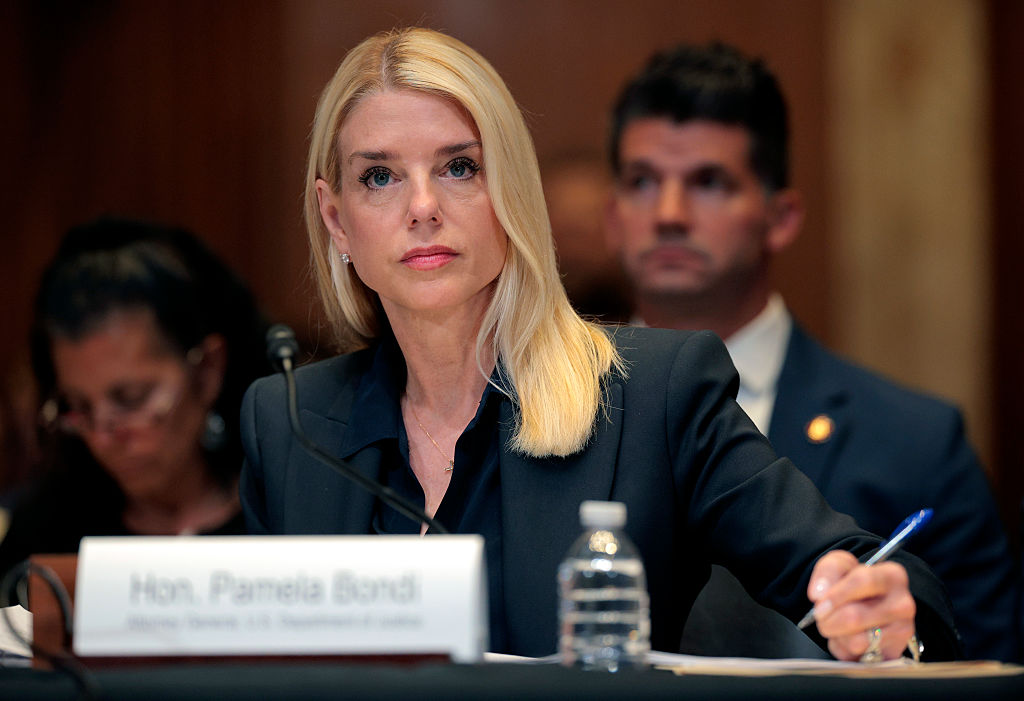If you believed Hollywood, you’d think the world was madly in love with harried, struggling single mothers. I mean, who doesn’t love Erin Brockovich? Or Renée Zellweger’s character in Jerry Maguire? But in real life, that’s not how it works.
In recent months, I have unexpectedly found myself the sole-care single mother to two young sons. This has changed my life in unfathomable ways but the main thing it’s altered is my relationship to work. There’s just way more of it — the unpaid kind.
In October, I went from being a partner, wife and co-parent to the only responsible adult on deck. My parental responsibility doubled, and my resources were halved. This has resulted in a Catch-22 I am still trying to dig my way out of: my kids need me more than ever but I’ve never been so stretched.
Five months in, I am still struggling, but in some ways I’m getting the hang of it. The reality is stark: I’m time and money poor and responsibility superrich. As Marxist bargains go, it sucks. And I’ve discovered that for all our talk of progress and equality, single moms are held to higher account than single dads.
Just before Christmas, I was called into a meeting at my kids’ school to discuss the boys’ “care and appearance.” A pair of well-intentioned twentysomething female teachers sat me down on a teeny-tiny chair and for the better part of an hour relayed their concerns over food stains on jumpers, incorrect uniform and Frank’s unbrushed hair. They wanted to know why the boys had arrived at school late three times last month. (Because we’d moved further from the school and I’d misjudged the commute time.) They wanted to know why they sometimes hadn’t been wearing their school ties. (Because the spares had been misplaced in the move.) They wanted to know why I let Solly walk home from school on his own (because he’s ten) and why Frank chewed his cuffs (because he sometimes gets anxious). They wanted to know if I was giving him his epilepsy medicine each day (yes, of course). They wanted to know what measures I was taking to ensure that the boys did their homework, ate their vegetables, went to bed on time and were held to account for their behavior at home. (I said something about drawing up a reward chart.) I answered the teachers’ questions politely, in what I hoped was a measured, conciliatory tone. I apologized for the lateness, the food stains, the unbrushed hair, and promised to improve. I knew that whatever happened I must not get defensive or lose my temper because “angry single mother” is not a good look.
I thanked these young well-intentioned teachers for expressing their concerns. I said I appreciated their support. For the whole walk home, my hands shook. I could not believe what had just happened. Months later, I still can’t.
The memory of that meeting flooded back this week while watching the TV adaptation of Fleishman Is in Trouble. It’s a mini-series based on the novel by Taffy Brodesser-Akner, which I read a couple of years back and loved. In it, Toby Fleishman, a middle-aged, recently divorced liver specialist living in Manhattan, wakes up one morning to find his estranged wife Rachel has delivered his children to his apartment in the night. When he calls her to demand an explanation, Rachel mouths some vague platitudes about gas masks and “me-time,” then vanishes into thin air. In the days and weeks that follow we watch Toby as he dashes around Manhattan delivering his children to day camp, sleepovers and play dates, juggling babysitters, sleeping with random internet dates and occasionally popping in at work to treat a critically ill patient in need of a transplant.
The drama is propelled by the mounting chaos of Toby’s life as a harried, reluctant sole-care single dad. His troubles, we are constantly reminded through flashbacks of his difficult marriage, are the fault of his selfish AWOL ex-wife. We empathize as Toby struggles to hold it together, to keep the wheels from coming off the careening cart of his world. We feel for him. Everyone does. Sympathy is heaped on Toby at every turn — school parents, colleagues, old friends and new flings offer support. Friends turn up at his apartment with power tools, six packs and Chinese takeaways. Pity invitations stream into his phone, along with a constant churn of unsolicited dating-app porn.
Yet each new obstacle Toby faces adds fuel to the roiling bonfire of his indignation, an indignation born of the fact he’s been left on his own with the kids. As his anxiety mounts, we find ourselves enraged on Toby’s behalf. It’s an emergency, goddamn it! A tragedy! The mother of his children is missing! The point is not that something terrible may have happened to her, that she might be suffering, but that Toby is suffering because of the inconvenience of her absence. He needs cover. He has plans! Toby’s an exhausting, myopic, self-involved Eeyore, but we forgive him because he’s also something much more important than that: a good dad.
Toward the end of the series, however, Toby is finally confronted with the flip side of the narrative, when a friend solves the mystery of what became of his wife. When we learn what’s happened, we are forced to accept that what Rachel has gone through is every bit as agonizing as Toby’s experience of that past three weeks. But does her ex-husband see it this way? No, he does not. Toby’s response, which is both startling and perfectly in line with his character, amounts to: “Yeah well, so what?”
And with this single turn of the screw, so much of the sympathy we have for Toby drains away in an instant. Or at least it did for me. That scene hit me like a punch to the gut. It made my hands shake the way they did after I left that awful meeting at my kids’ school. The revelation was a simple but powerful one: reverse the genders? The plot of Fleishman doesn’t work. No one would buy it. That sucks.
This article was originally published in The Spectator’s UK magazine. Subscribe to the World edition here.

























